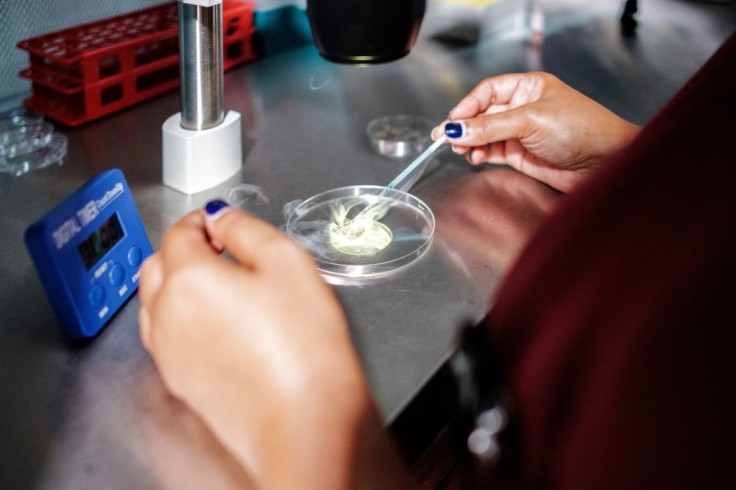
A recent study revealed that children born through In Vitro Fertilisation (IVF) perform better than naturally-conceived children. However, they are prone to mental health issues when they reach their teenage years.
The research published in the European Journal of Population examined and tracked medical records of more than 280,000 Finnish children aged more than five years between 1995 and 2000. The study documented the educational and mental health outcomes of those born through medically assisted reproduction (MAR), such as IVF, artificial insemination, ovulation induction, and those conceived naturally, per the Study Finds.
According to study co-author Dr. Alice Goisis at University College London Centre for Longitudinal Studies, children conceived through MAR do better and are more advanced in mental health outcomes. However, they have observed the risk of mental health disorders, warning that this could be a cause of concern and merits more attention in future research.
Children conceived through medically assisted reproduction
As per research findings, children conceived through MAR performed better in school, were less likely to drop out, and were more likely to be employed than naturally conceived adolescents. However, the researchers noted that the children conceived under MAR were at an increased risk of having mental health disorders such as anxiety or depression. Around 10 percent of those born through MAR adolescents received a mental health diagnosis between the ages of 16 to 18, The New York Post reports.
In comparison, only 9 percent of naturally conceived adolescents receive a mental health diagnosis by the same age.
Researchers suggest that socio-economic background is an important factor in explaining the advantage as there is no evidence that IVF treatment causes health problems among children.
As per Goisis, the study focused on the social demographics of families who conceived through MAR. The findings also highlight the importance of integrating socio-demographics in studying the consequences of MAR.
As per the study authors, MAR children are more likely to come from higher-income families who can provide their children with the means to improve their educational outcomes. The authors also believed that the parent's stress of going through the IVF procedure may have developed mental health issues in children, impacting the child's mental health as they grew older.
Dr. Hanna Remes of the University of Helsinki, the study's lead author, also said that parents who went through IVF might be more apprehensive about their child's welfare, hence are more likely to get a diagnosis for certain conditions.
Relatively new and unexplored topic
As the oldest child conceived through IVF is now 43 years old, researchers say that the study area is "relatively new and unexplored." However, as the number of parents opting for MAR is rising for various reasons, the research team said it is important to understand its long-term consequences on the children.
As of 2018, the Centers for Disease and Control (CDC) cites that 73,831 babies were conceived by MAR, accounting for 1.9 percent of all babies born.
Read also: Artificial Insemination Mix-up: Family Sues Hospital After Finding Out Daughter Had Different Father